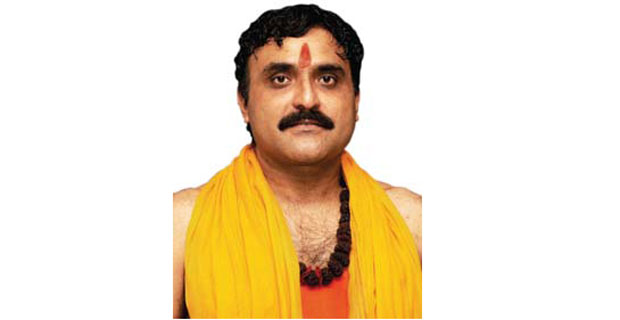DHARMA AND MOKSHA
I used to have a student whose father was a brigadier ...
I used to have a student whose father was a brigadier in the army. The father had fallen extremely ill. His condition was critical and doctors had given up, he expressed the desire to meet me. When I went to meet him, he said, “I have a guilt inside me. It was 1971 war, I was a major and we had to climb a hill which had been encroached upon by the Pakistani soldiers. They had their bunkers all over the hill. My friends were with me in the platoon and the opponents started firing at us. In that firing, a very dear fried died in front of my eyes and I lost my temper. I immediately called for the artillery fire and we bombed continuously for two hours. The entire hill was finished and so many thousands died. The incident haunts me till date...I just want to know, did I do the right thing?” I never comment or judge peoples actions...
While ahimsa is the mainstay of vedic culture, it is not to say, that wars were forbidden for it is said, that if there is crime happening and you turn your face away from it, that too is himsa. In fact Gita says then you are a bigger criminal than the one who committed the crime. History is replete with examples of wars which saw participation of kings, rishis and even Gods. If a war is fought with detachment for the purpose of protecting the weak or to fulfill one’s duty, it is a direct route to moksha. If it is to fulfill a personal aspiration or out of an emotional reaction, it is a bhog. The vedic principles are not things of the past, they are universal truths applicable to all warriors through times and geographical boundaries.











Comments.